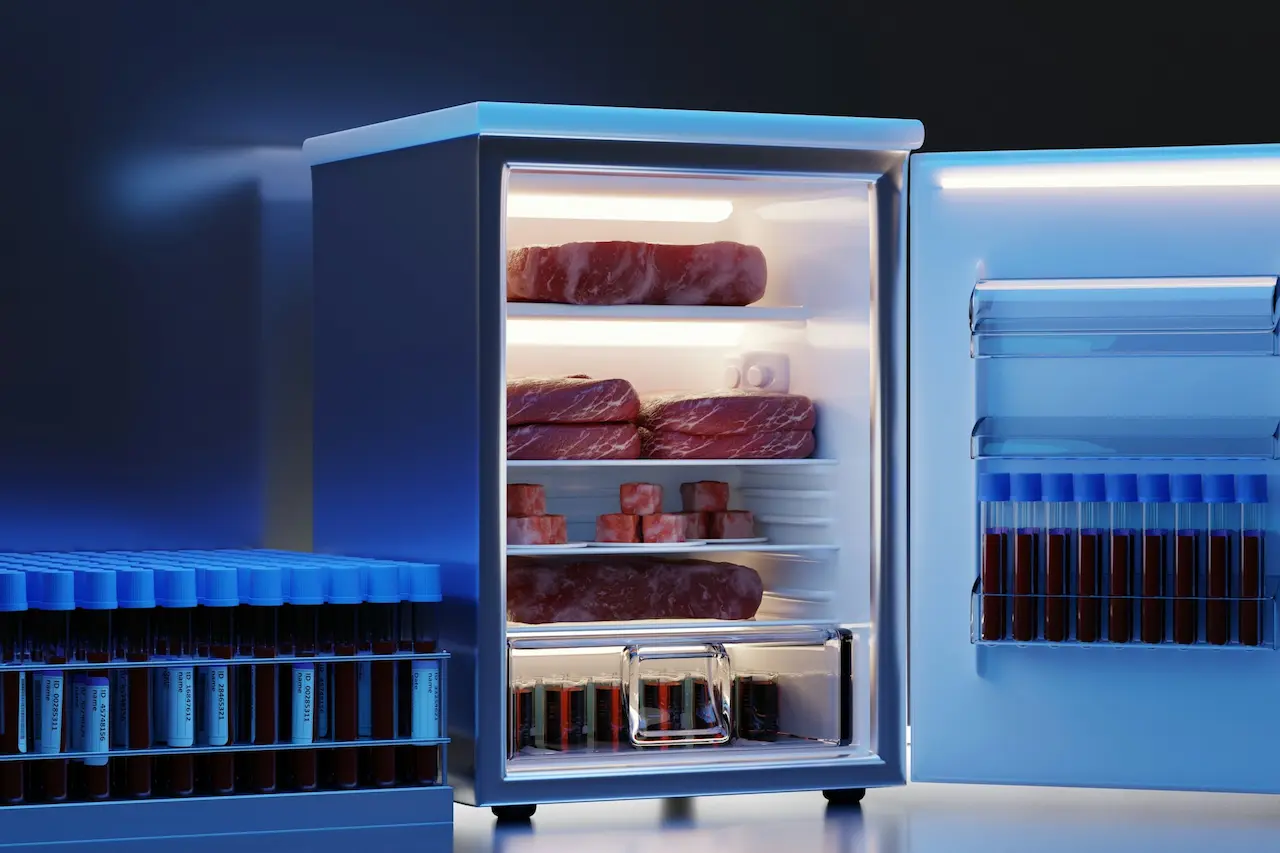Commercial Refrigeration Needs When Opening a Hospitality Business
Understanding Commercial Refrigeration Needs When Opening a Hospitality Business
Every business needs to invest in a couple of key appliances and assets when first stepping foot in the hospitality industry. These pieces of equipment are vital for propping up your business for eventual success.
An essential appliance that every hospitality business should secure early on is commercial refrigeration. It’s a must-have for various reasons.
Refrigeration serves several functions in the standard restaurant setting. Most importantly, they ensure that drinks and ingredients are adequately cooled.
That said, there’s a wide range of refrigerator types out in the market, and it can get overwhelming to choose the best one for your space. Furthermore, it can also be challenging for newcomers to the scene to select a refrigeration unit that fits their budget, volume, and style.
If you’re caught in that dilemma right now, then don’t worry. In our complete guide, we’ll dive into what you need to know about choosing the right commercial refrigeration and freezers for your hospitality business, whether you work in the hotel space or the F&B space.
What Makes Commercial Refrigeration Different From Household Refrigeration?
Commercial refrigeration from manufacturers like Bromic Refrigeration has a few functional differences that differentiate it from the standard fridges found in most households.
For one, commercial fridges have a larger storage capacity to accommodate more food and ingredients. Considering that the turnover of ingredients in restaurants and cafes is generally higher than in the typical household, this larger volume is a necessity.
Secondly, commercial fridges also have better temperature control features. Typically, commercial fridges maintain a temperature of 0° to 4° Celsius to prevent bacterial growth and ensure food safety. They’re also powerful and fast-cooling, enhancing kitchen efficiency.
Finally, commercial fridges are often more heavy-duty than domestic models. Commercial fridges are often made of stainless steel. On the other hand, household fridges often feature plastic components, which are not as strong or long-lasting.
Of course, the advantages present in commercial fridges also mean that the appliance is more expensive than domestic fridges. But with its versatility and enhanced performance, as well as its reliability in the workplace, the added cost easily pays for itself in the overwhelming majority of cases.

The Purpose of Commercial Fridge Units
Commercial fridges play an essential role in a hospitality business, like a restaurant or cafe, for several reasons.
The first and primary reason why this appliance is so essential is that it helps preserve food quality and freshness. This is important for customer satisfaction and compliance with legal regulations.
Kitchen ingredients like dairy, meat, and produce need to be stored at a low enough temperature to ensure consistent flavour and texture. A quality commercial fridge cools these ingredients reliably.
Commercial fridges are also ideal storage facilities for keeping food and ingredients well-preserved and bacteria-free. This is due to their construction, which features thick insulation and controlled airflow to minimise the risk of cross-contamination.
Moreover, commercial fridges are built to support operational efficiency. The commercial kitchen is a fast-paced environment, and ingredients need to be accessed quickly during busy service hours. A commercial fridge is often built with multiple tiers and adjustable divisions, making it easier to organise ingredients for optimal retrieval.
Commercial fridges are also great for storing large amounts of ingredients. Kitchens operate more quickly when there’s already an existing bulk of ingredients within the premises. With a voluminous commercial fridge, kitchen operations won’t need to be constantly interrupted for procurement purposes as the fridge can store more products.
Finally, certain types of commercial fridges help contribute to increased sales. This is because fast-selling items like sodas, cakes, and sandwiches can be displayed at the front of the restaurant where guests and customers interact and eat. In turn, this can increase the restaurant’s revenue stream.
Regardless, it’s essential to be selective when choosing a commercial fridge. Each one can cost upwards of thousands of dollars, so getting the first one right is key to maximise your kitchen’s value and reduce wasted expenditure.

How to Choose The Right Commercial Fridge For You
If you’re currently wrangling with how to pick the best commercial refrigerator for your restaurant or café, then we’ll help narrow down your options by giving you things to think about before choosing the right fridge type.
-
Pay Attention to Your Inventory
The first thing to consider when selecting a fridge is considering your restaurant or cafe’s offering.
For instance, if you don’t plan on displaying cakes and pastries, then you don’t need to use a display chiller in front of your store. Conversely, if you need to store a lot of inventory, then you should prioritise picking a big reach-in refrigerator or walk-in cooler for your business.
Knowing your kitchen’s needs can help you narrow down your options, which can help you select the most suitable fridge in turn.
-
Measure Your Kitchen Space
Your kitchen’s layout is a key consideration to maximising appliance and staff workflow. If it’s compact, then you should make use of vertical space. An under bench fridge would be an excellent addition in that regard.
The right kitchen layout can help shave off a few extra seconds in kitchen operations and enhance staff productivity. As such, be sure to mind your fridge’s position to optimise its efficiency in the workplace.
-
Consider Ingredient Turnover
It’s essential to consider how often your kitchen uses up inventory when selecting a commercial fridge.
As a rule of thumb, high-volume operations would benefit the most from having larger fridges, whereas smaller establishments would prefer countertop and reach-in fridges.
Essentially, if your restaurant is popular and busy, then a big fridge is warranted.
-
Mind Your Budget and Energy Usage
Investing in a commercial fridge can be expensive. This is especially true the bigger and more feature-rich the appliance is.
If your hospitality business doesn’t have a tonne of capital to work with, then you may have to choose a cheaper model than the feature-packed one you were originally eyeing. You should also mind the energy efficiency of the model to ensure that it doesn’t take up too much energy to operate in the long run.
By minding these factors, you can use your capital effectively while still benefiting from the appliance’s cooling and storage utility.
